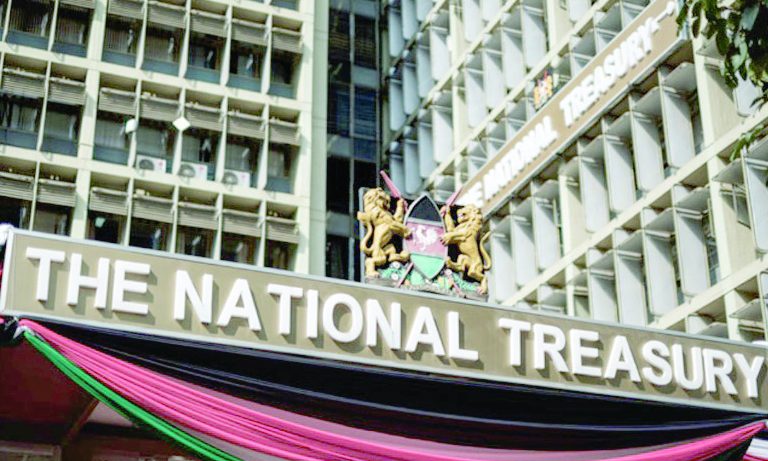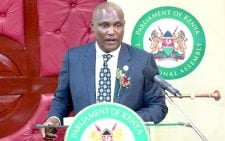Think tank wants State to review tax expenditures in the coming fiscal year

The Institute of Public Finance (IPF) wants the government to rationalise the tax expenditures in the coming fiscal year to support the set fiscal strategy.
IPF observes that the country has been recording a growth in tax expenditures, with amounts increasing to about Ksh511 billion in 2023, up from the revised Ksh393.13 billion, 2.91 per cent of gross domestic product (GDP) in 2022, as indicated in the Tax expenditure report of 2024 by the National Treasury.
According to the report, Value Added Tax (VAT) contributed the largest share of the tax expenditure by 65.22 per cent, followed by income tax and corporate tax at the rates of 18.63 and 17.10 per cent, respectively, as import duty and excise duty contributed 12.55 and 2.41 per cent, respectively.
In the report, the government stated that it would rationalise the tax expenditure to ensure sustainability and value for money from the resources forgone.
“This will be done whilst protecting those tax expenditures intended to promote investments, support social policies, and address market failures,” it says.
“Further, the National Treasury is in the process of automating tax exemption processes to create transparency and efficiency in terms of time taken to process the exemptions,” the report by John Mbadi reads in part.
However, IPF notes that even though this is a positive step, they lack critical details such as the policy goals behind tax exemptions, which are essential to guide reforms.
National Tax Policy and MTRS call for a clear framework to guide the use and evaluation of tax incentives, but no such framework currently exists.
Speaking on May 29, 2025, during the public participation in the Finance Bill 2025/26, Veronicah Ndegwa, Senior Research Analyst for Revenue Policy at IPF, argued that generally, the tax expenditures continue to erode the country’s tax base.
Basic commodities
“While some are necessary, such as exemptions for basic commodities, health and education, it remains unclear how some have contributed to our economic goals as a country,” she said.
The institute argued that some exemptions, such as the ones for aircraft parts, benefit higher-income earners, largely undermining the principle of equity in taxation.
But then a specific one is on the exemption of aircraft flights, and we are proposing as an institution from an economics perspective, that investors do not consider an incentive in making an investment decision.
“In fact, a World Bank study listed it as an 11th factor that an investor would consider,” Ndegwa stated.
Consequently, they are advocating for the deletion of the provision as has been proposed by the government in the Finance Bill.
The Bill proposes to subject aircraft spare parts imported by aircraft operators or persons engaged in the business of aircraft maintenance, upon recommendation by the competent authority responsible for civil aviation, to VAT at the rate of 16 per cent.
“A stable tax environment is more critical in protecting Kenya’s aviation sector than giving tax incentives. We recognise the need to reduce tax expenditures and therefore, we agree these items should be VATable at 16 per cent, especially because businesses do not transfer the benefit of these exemptions to final consumers,” IPF argued in its submission to the committee.
Tax policies
Prior to the submission, the Kenya Association of Air Operators had argued that the re-introduction of the tax policies would also have a ripple effect on other sectors such as tourism and agriculture.
Through their chairman, Mbuvi Ngunze, they stated this would also increase the costs of the importation of aircraft, aircraft engines and parts, leading to increased operational costs and delayed maintenance, which will ultimately be borne by the turbulent market impacting Kenya’s aviation sector competitively.
“Within the African context, the multiple jurisdictions have maintained VAT exemption or zero-rating mechanisms to preserve sector competitiveness and attract investment,” Ngunze argued.
Meanwhile, Research by the institute highlights these shortcomings –policy goals, which are evident in the Finance Bill, 2025, where the proposed reclassification of some goods from being exempt to being VATable and others from zero-rated to being exempt lacks justification.















